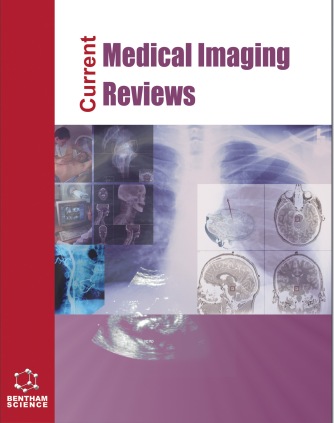An Effective Approach
of CT Lung Segmentation Using Possibilistic Fuzzy C-Means Algorithm and
Classification of Lung Cancer Cells with the Aid of Soft Computing Techniques
Author(s):
Tharcis Paulraj and Kezi S. V. ChellliahPages
225-232 (8)
Abstract:
Lung cancer is one of the most common lethal type of diseases. One of the most important and difficult tasks a doctor has to carry out is the detection and diagnosis of cancerous lung cells from the Computed Tomography (CT) images result. Segmentation and classification of lung CT image, based on soft computing, is still a challenging task in the medical field, due to more computational time and accuracy. This paper deals with an improvement in lung cancer detection using Possibilistic Fuzzy C-Means (PFCM) based segmentation. This work also focuses on the normal and abnormal cancer cells that is classified by using the algorithms of SVM (Support Vector Machine), Gaussian Interval Type II Fuzzy Logic System and Genetic Algorithm (SVMFLGA). The results demonstrate that the SVMFLGA outperforms the Gaussian Interval type II fuzzy logic system (GAIT2FLS) in terms of classification accuracy.
Keywords:
Adaptive Network Fuzzy Inference System
(ANFIS), Fuzzy Possibilistic C-Means Algorithm (FPCM), Gray Level Co-Occurrence
Matrix (GLCM), Non-Small Cell Lung Carcinoma (NSCLC), Small Cell Lung Carcinoma
(SCLC), Type II Fuzzy Logic System (T2FLS).
Affiliation:
Department of Electronics and Communication
Engineering, Christian College of Engineering & Technology, Oddanchatram,
Dindigul District, Tamilnadu, India.



















